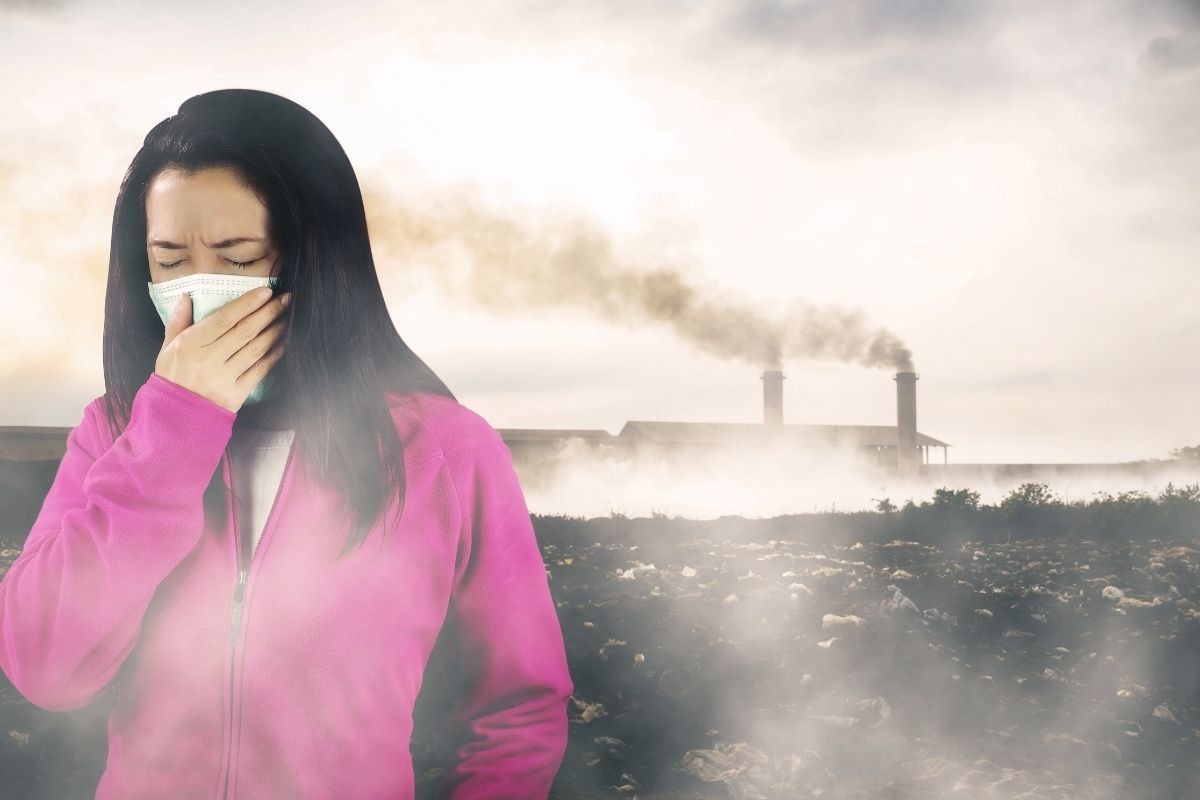- drranajitk@gmail.com
- 0 Comments
Among the top killer cancers worldwide, lung cancer secures its position in the top 5. Though multiple factors might be responsible for the development of lung cancer, smoking and air pollution are the most significant ones. Smoking and air pollution both introduce harmful substances into the lungs over time and increase the risk of cancers. Many might think or suggest, smoking kills. Yes that’s true, but even if you have never had the chance to smoke a cigarette, you could still be at risk of lung cancer. And that’s because of air pollution


Smoking remains the number one cause for lung cancers globally, hitting around 85% of the total cases. The white cigarette smoke that smokers love to inhale contains over 7000 chemicals, most of which are toxic & at least, at least 70 are known to cause cancer, like benzene, formaldehyde, arsenic etc.. The longer you smoke, the more cigarettes you consume, the more damages these substances do to the cells lining the lungs, and the higher your risk of nearing lung cancer.
On the other hand, today, air pollution especially in the urban areas is becoming less livable. Outdoor air pollution especially from vehicles, industrial emissions & fossil burns along with particulate matter (PM2.5) are now classified by the WHO as a Group 1 carcinogen– The Same category as smoking. The polluted air today contains a mix of dangerous particles and gases, including nitrogen dioxide, sulfur dioxide, ozone, and fine particulate matter
Today, certain harmful / dangerous particles and gases like nitrogen dioxide, sulfur dioxide, ozone, and fine particulate matter, found in the polluted air, can get deep into your lungs causing inflammation, cellular damage and oxidative stress, triggering cancerous changes in lung tissues. Long term exposure to moderate levels of air pollution can also increase lung cancer risk, says study.
To reduce your exposure to lung cancer, it is better to quit smoking, avoid passive or second hand smoking and if you live in a highly polluted area, try limiting outdoor activities on days of poor air quality. Use air purifiers indoors. Your lungs do not have a backup, so take proper care.
